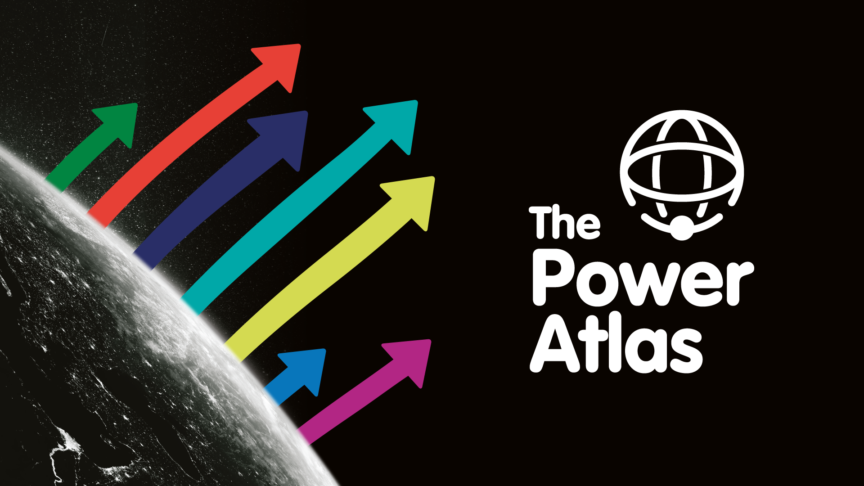
The Power Atlas
Power is now defined by control over flows of people, goods, money, and data, and via the connections they establish. Only states that see the new map of geopolitical power clearly will be able to control the modern world.

Power is now defined by control over flows of people, goods, money, and data, and via the connections they establish. Only states that see the new map of geopolitical power clearly will be able to control the modern world.
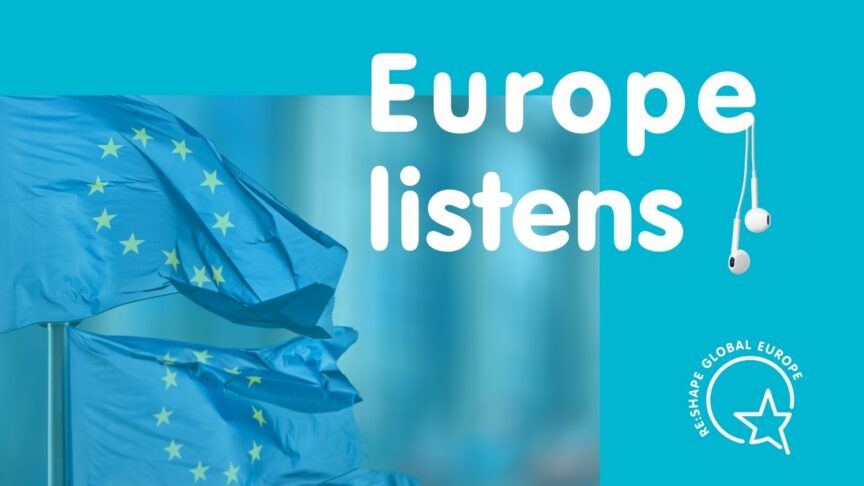
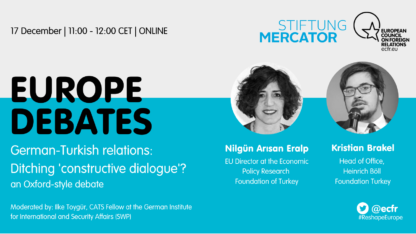
Should the next German government ditch Merkel’s “constructive dialogue” with Turkey and join France and Greece for a more confrontational approach?
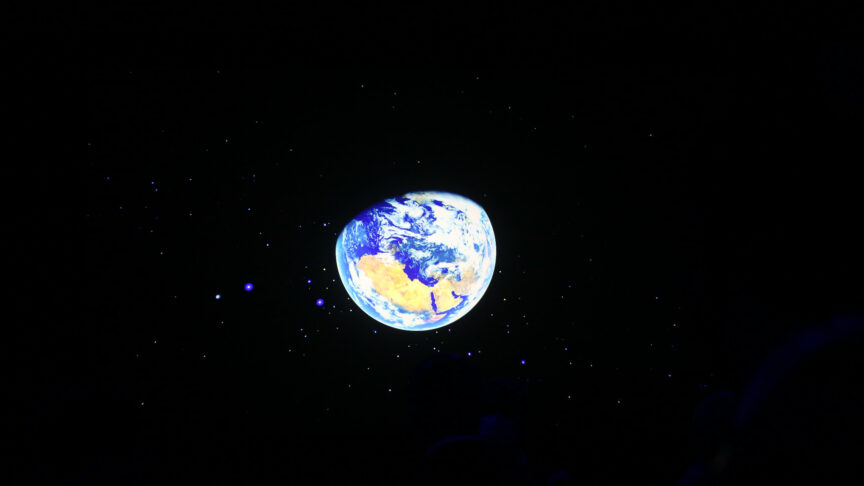
COP26 concluded on 13 November with the Glasgow Climate Pact, an agreement that sets out the next phase of the fight against climate change. The pact may have disappointed many, but views of it vary a great deal depending on where you sit. Below, experts from three of ECFR’s offices – in Rome, Paris, and Berlin – discuss the implications of the deal.
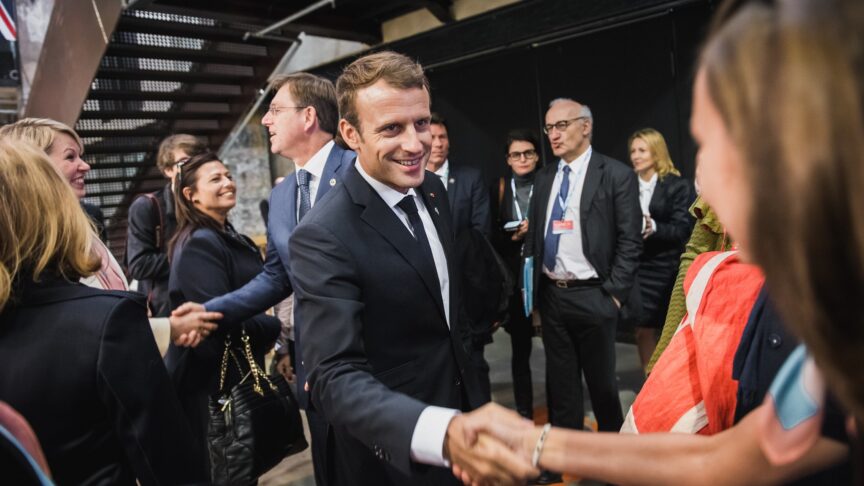
Emmanuel Macron shook French politics from top to bottom. To show he did not bring the house down, he will quickly need to defend his record and reach out to lost voters.
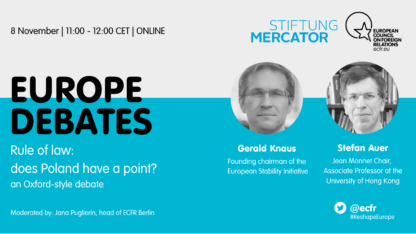
In Poland, as well as across the EU, we witness a battle between these two narratives. Depending on which of them prevails, EU countries and institutions may choose to react more or less firmly to the Polish challenge – with lasting consequences for the EU’s future shape.
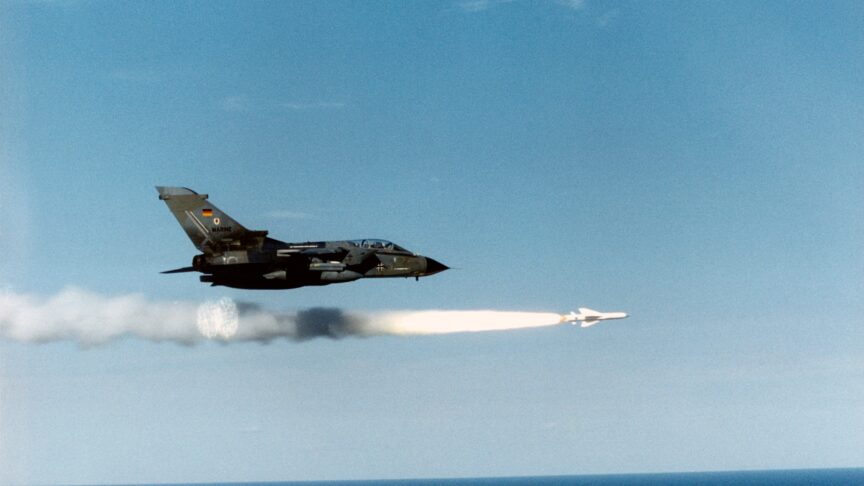
The parties in Germany’s next coalition government could find it hard to bridge their differences on foreign and defence policy
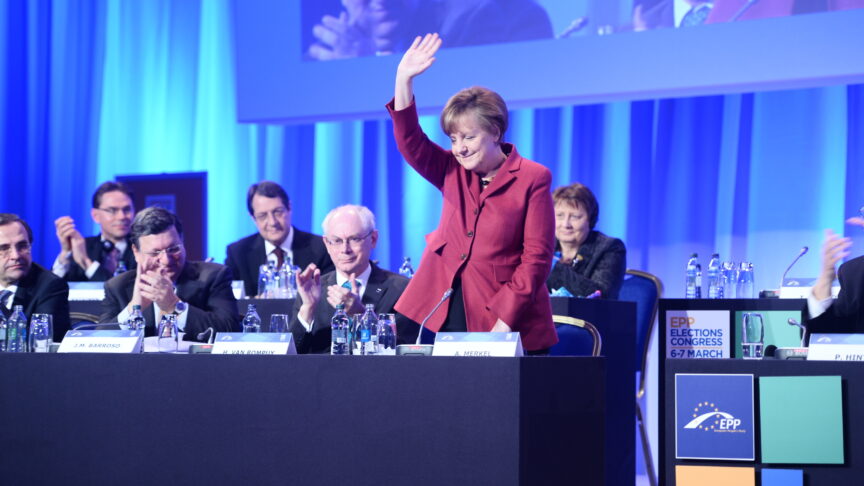
Paradoxically, to fulfil many Europeans’ expectations, Berlin will need to revise the principles of Merkelism that created this trust
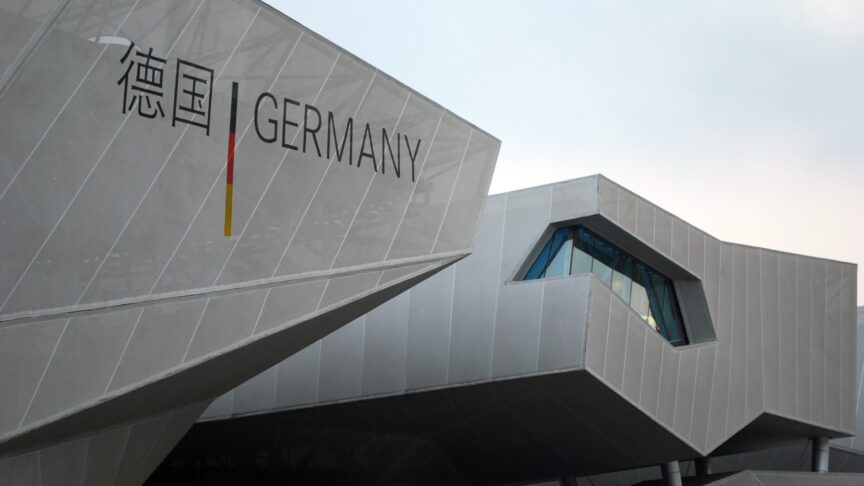
Germany will find it increasingly hard to maintain its current level of prosperity – and security – without charting a new course on China. Fortunately, German voters seem ready for change.
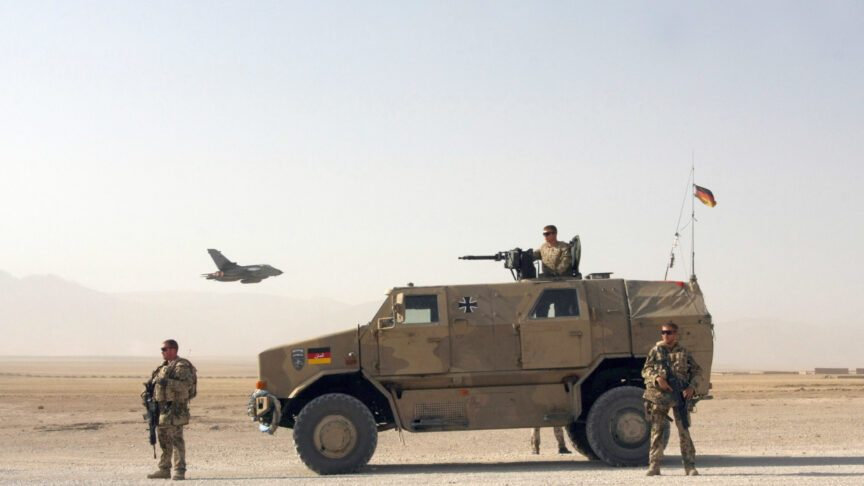
Hand-wringing over Europe’s supposed failure to step up in Afghanistan ignores the fact that Europeans were principally there to support the US